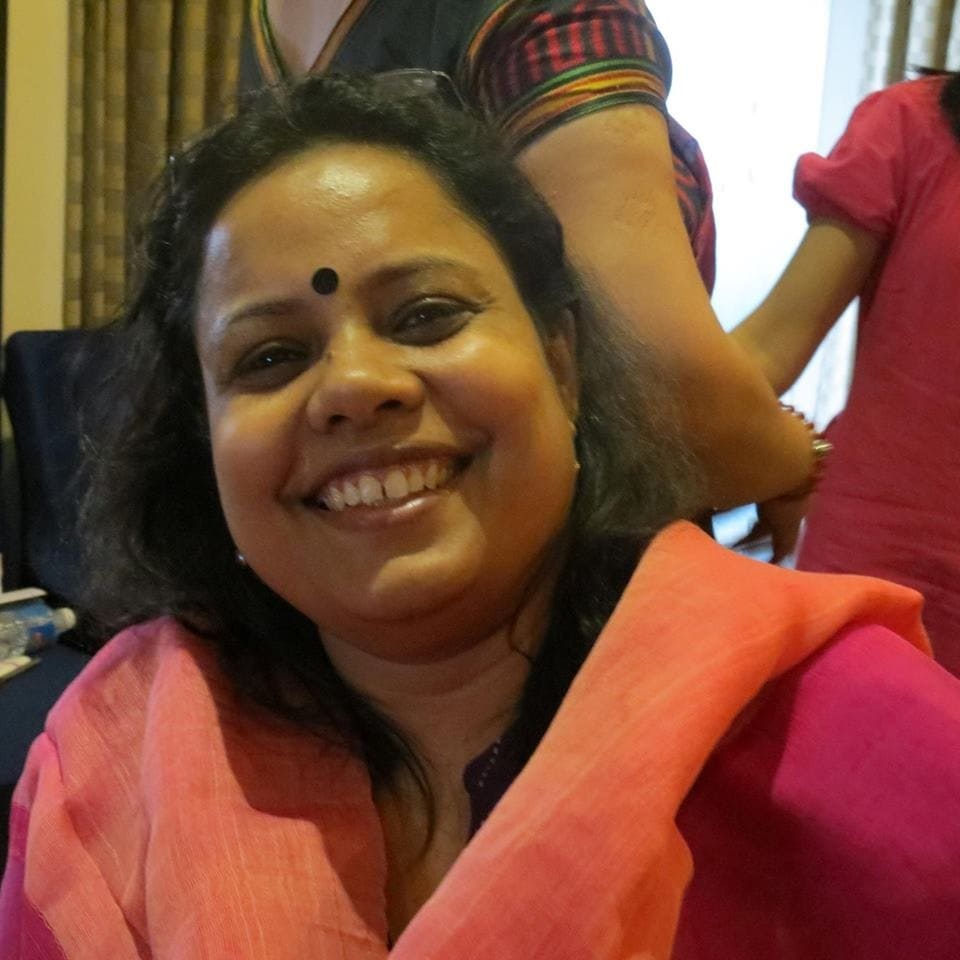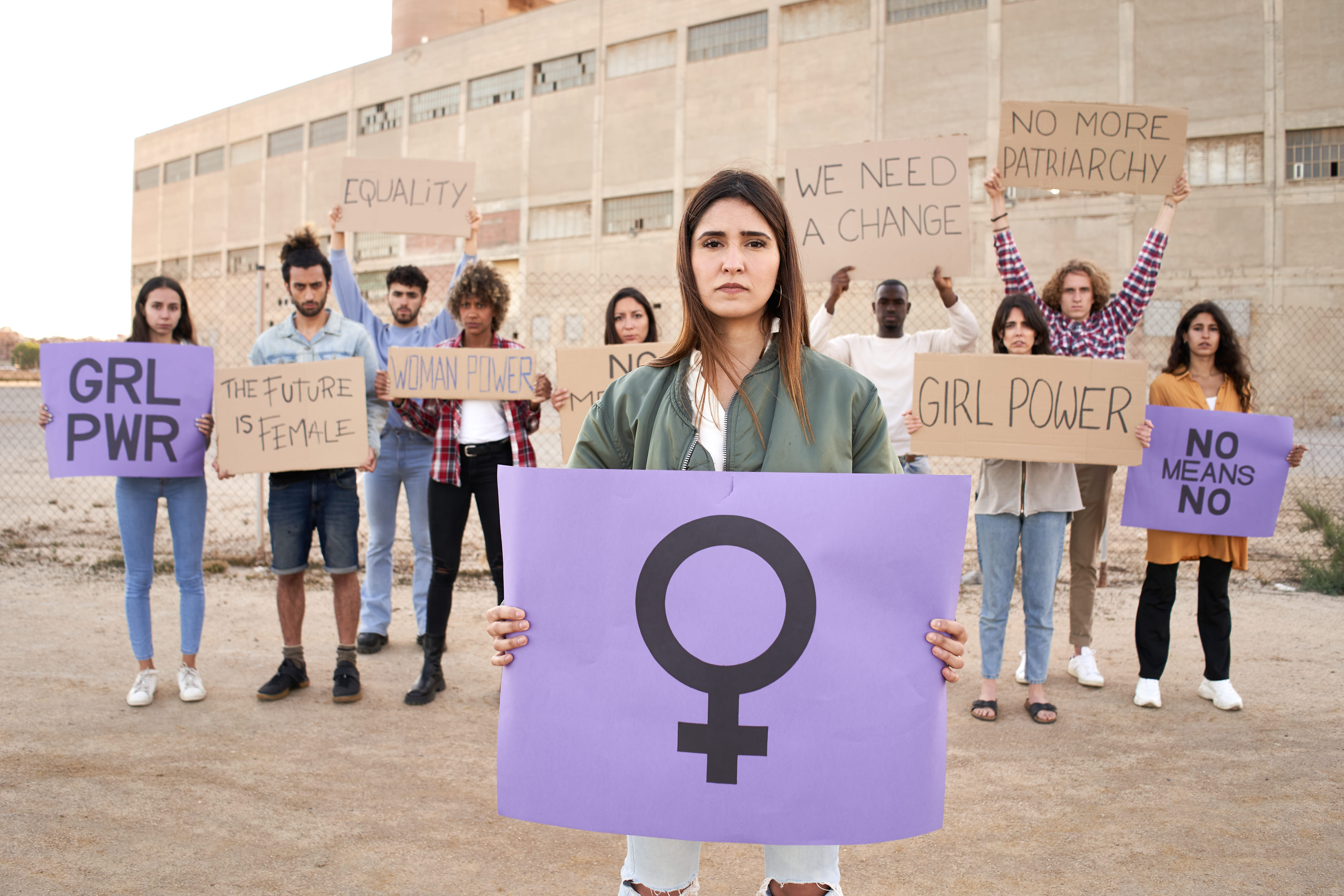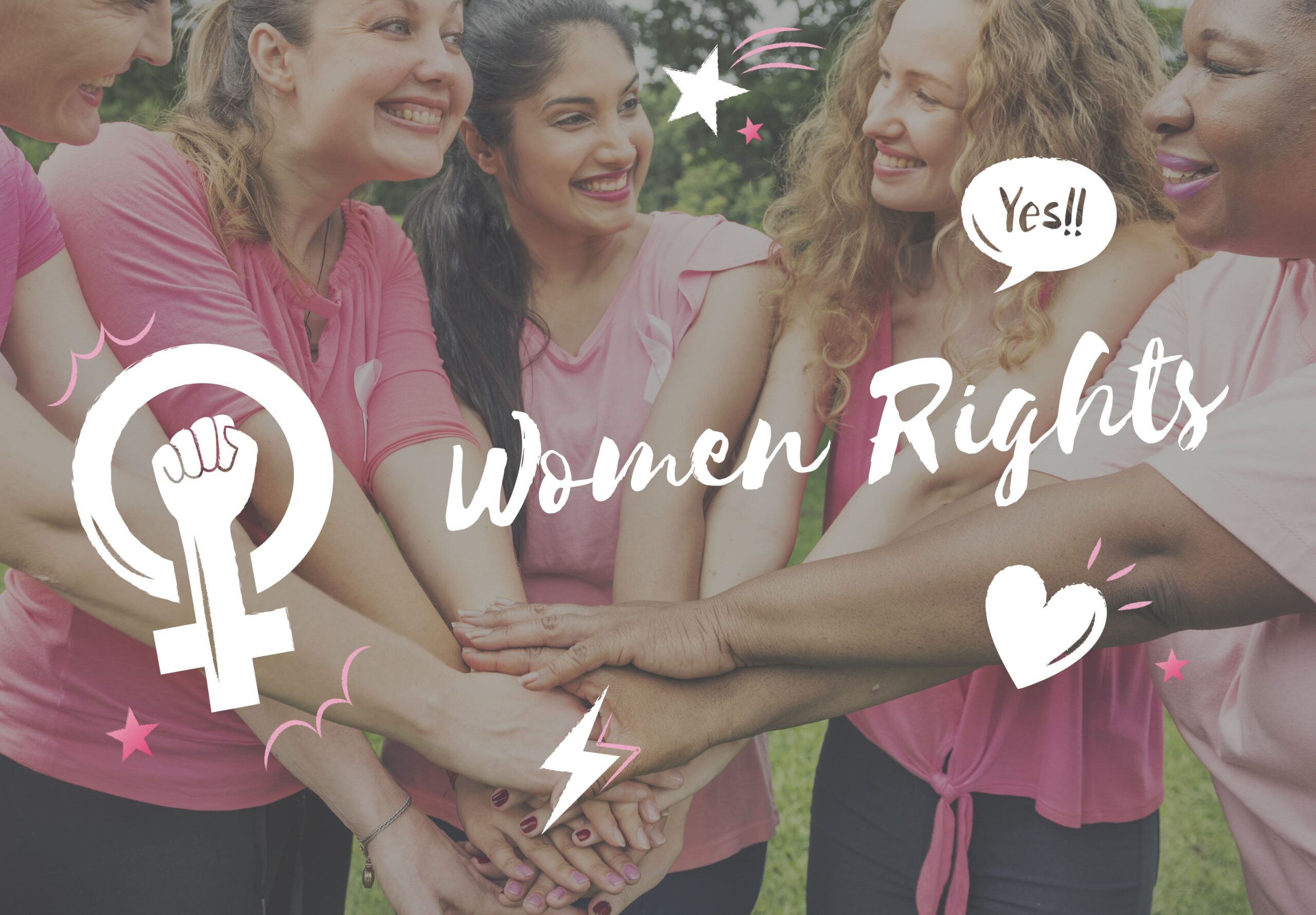We Need to Ensure Gender Equity Across All Spheres
“…but, look, the self that hovers in between is neither man nor woman O Ramanatha” – Devara Dasimayya
The vachanas or recitations of the tenth century CE Virsaiva poet-saints such as Devara Dasimayya, show that the recognition of gender equality was there for more than a millennium. However, as an international movement, women’s assertion for equality was first seen in the struggle for the right to vote in the nineteenth century. And while New Zealand was the first self-governing country to grant the vote to all women over the age of 21 in 1893, some countries in Europe granted it much later – Switzerland in 1971 and Portugal in 1976. In India, between 1919 and 1929 all of the Provinces were under direct colonial rule and most of the Princely States had granted women the right to vote and be elected, With the adoption of the Constitution of India, universal adult suffrage was enforced in 1950. This is testimony to the feminist aspirations of the anti-colonial, freedom struggle.
However winning voting rights has not translated into women winning the battle for equality across all spheres of life in India, and across the world. Considering lived realities, it is time we realise that achieving equal legal rights is not enough.
These rights need to be meaningful and realisable in reality. To achieve justice for women, as a first step, we need to recognize the inequities in our society. Indian society has layers of hierarchies which extend into the social and economic spheres. Across all these vulnerable groups, girls and women, face the additional burden of gender injustice which is experienced in negative bias and discrimination, and too many occasions oppression and violence. This stretches across the spheres of family, study, work and public spaces.
In 2023, the theme of Women’s Equality Day is #Embrace Equity. Equity advocates for those who may have been historically disadvantaged to receive justice. On this day we need to review what we have achieved, and what needs to be done for women’s equality.
The Government of India has put in place a slew of legislations, policies and schemes to address the historical and systemic oppression of women. These include the Protection of Women from Domestic Violence Act, 2005; Maternity Benefit (Amendment) Act, 2017; Sexual Harassment of Women (Prevention, Prohibition, and Redressal) Act, 2013; Dowry Prohibition Act, 1961; Medical Termination of Pregnancy (Amendment) Act, 2021; Prohibition of Child Marriage Act, 2006; Pre-Conception and Pre-Natal Diagnostic Techniques (Prohibition of Sex Selection – PCPNDT) Act, 1994; Indecent Representation of Women (Prohibition) Act, 1985 and National Commission for Women Act, 1990. While these laws are steps in the right direction, challenges remain in enforcement as well as attitudinal change.
ActionAid Association has been working on addressing women’s rights issues for the past few decades. Working in the remote corners of the country, we have realised that there is an urgent need for consistent engagement on women’s issues to ensure a discrimination-free life and a fair playing ground for women.
We believe that women’s equity needs to be addressed through a life cycle approach, from before birth to death. For example, we have been involved in the Beti Zindabad campaign since 2012 to fight adverse sex ratios across states and communities. We have been deeply engaged in implementing the PCPNDT Act to ensure that the scanning of embryos to decipher their sex is stopped in health facilities so that healthy girls are born. As part of our work, we met with the erstwhile President of India, delivering postcards from thousands of villagers across the country seeking support for the proper implementation of the act.

Shared by: KumKum Kumar
Author’s bio: Kumkum Kumar has worked with ActionAid Association’s programme team for decades, she is currently the Senior Manager of programmes. The views expressed here are personal and do not necessarily reflect those of the organisation.






